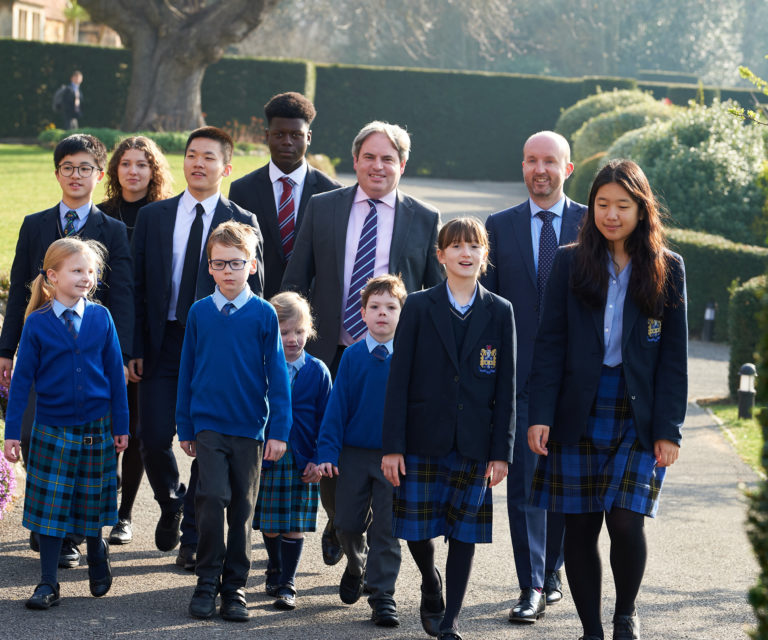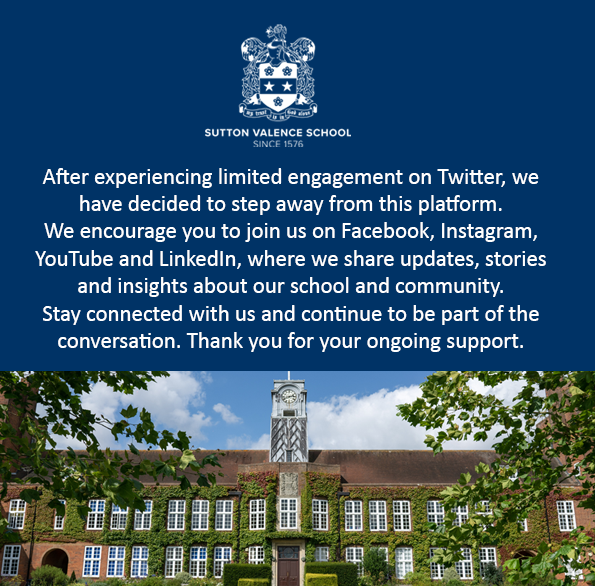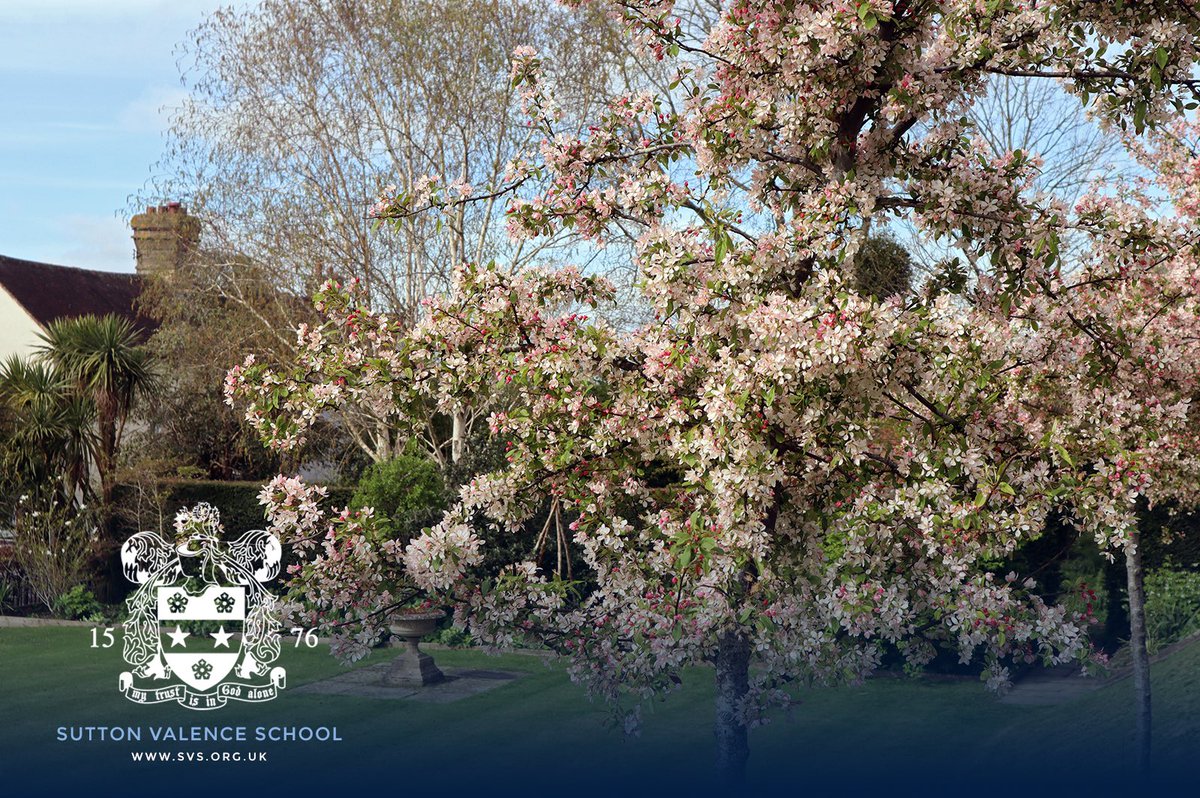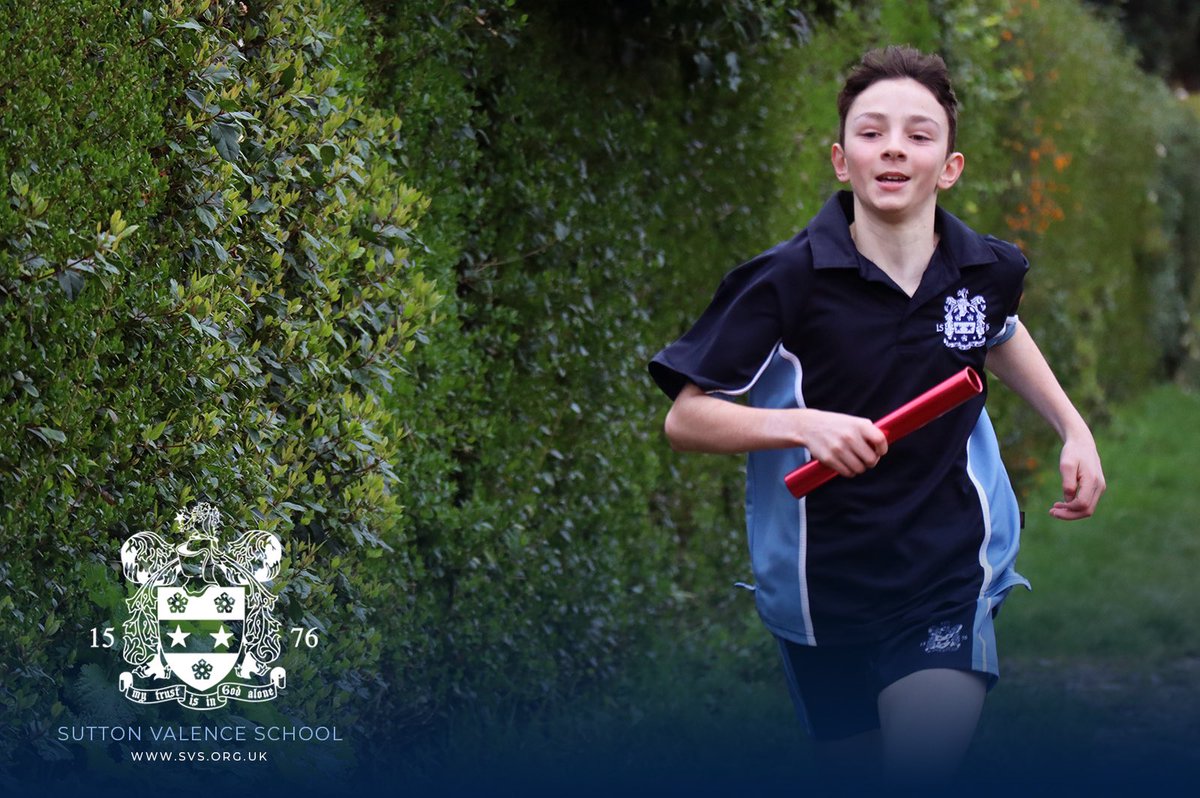As our first week back in School comes to a close, we must congratulate all the children on how quickly they have adapted to being back in their classrooms and once more, adjusting to classroom learning. Indeed, it is brilliant to see their cheerful, enthusiastic faces; eager to learn and share ideas.
We are all aware that some children might need time to adjust back to the ‘real’ classroom and refine the skills needed to facilitate good learning practice, now that they are back into the collaborative learning environment. Reinforcing the importance of listening is crucial in our children’s Prep School years to help them move into adulthood. Listening is a powerful skill for everyone to learn at any age. When someone genuinely listens to you, it truly increases the quality of your communication.
When children fully harness the power of listening, they understand better how others are feeling about a situation and, as a result, they can build stronger relationships with their peers, family and others. Listening effectively enables children to learn and understand concepts better in the classroom, too. As teachers, it is important for us to help your children to become active listeners because it can improve their skills in a variety of contexts. The more a child learns to listen effectively when they are young, the easier it is for them to learn.
When someone is talking, it’s easier for a child to be an active listener when they are genuinely interested or curious about what is being said. It’s important that our children learn that they have the choice of whether or not to listen. Teachers are skilled at ‘hooking’ children into their learning, with the use of open-ended or rhetorical questioning. One of the challenges faced when listening is that children often don’t listen because they are preparing (in their minds) what they’re going to say next.
At SVPS, we encourage our children to quiet their minds and focus on what their peers or teachers have to say. It’s important that we give children time to process what others have to say and then have the space to respond accordingly. Another strategy that teachers use is to encourage children to ask more questions in classroom discussions. This helps them interpret what the other person is saying and helps them ask a question based on what they’ve said. By encouraging children to ask questions, we are helping them foster the desire for a deeper understanding of a topic or concept. We also ask children to repeat back what they have heard sometimes or ask them to ‘pass on’ an instruction to a peer; helping them confirm that they have listened correctly. If they have misunderstood, this gives them a second chance to listen intently and understand what’s being said. This makes a child a highly active listener and makes their peers feel valued and important. At School, we encourage the children to be patient and wait for someone to finish speaking before they start speaking so that their concentration and focus is enhanced and they are able to respond with accuracy.
It’s no surprise to hear that great listeners learn more; as teachers and parents, it is our duty to try to help our children as much as we can to become effective, active listeners.
As Dean Jackson says, “Listening is an art that requires attention over talent, spirit over ego, and others over self.”
Mrs Harrison, Academic Deputy Head





